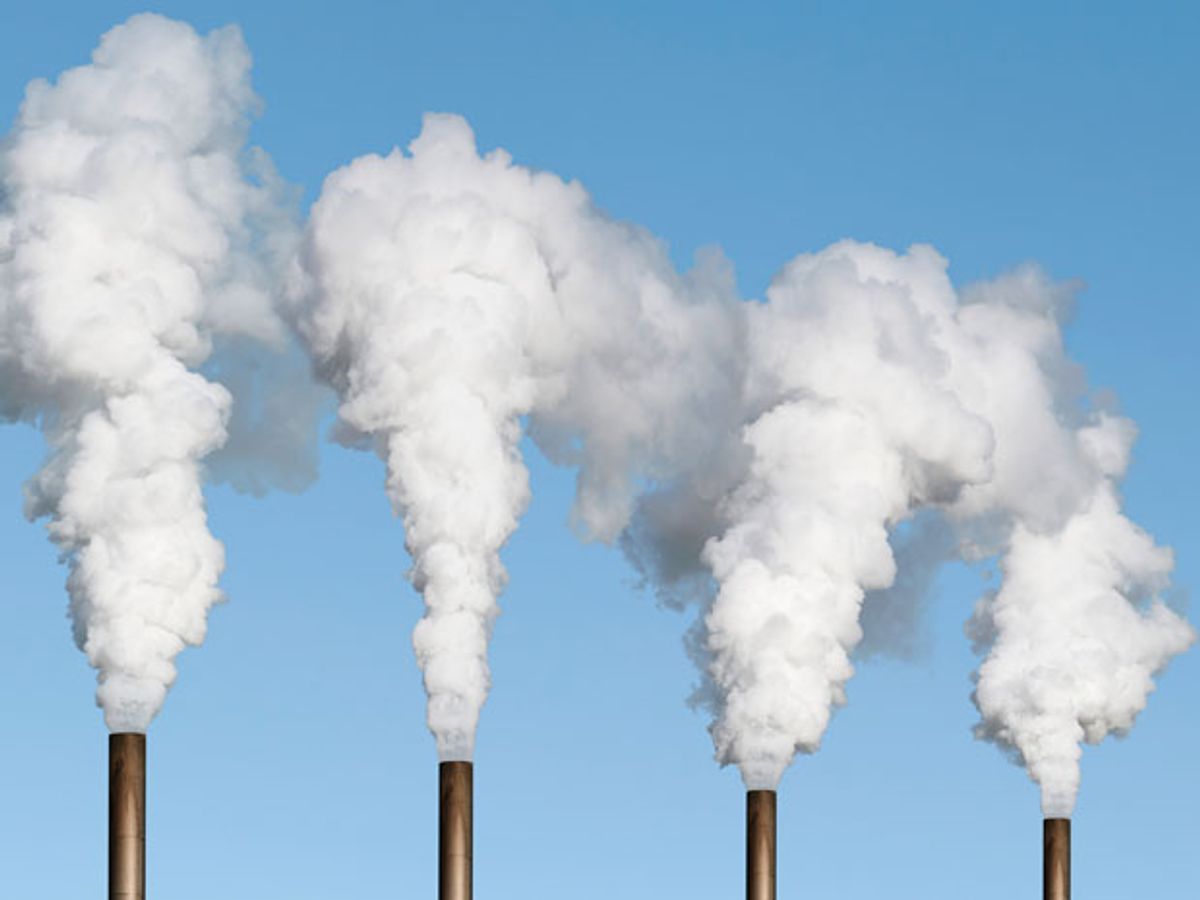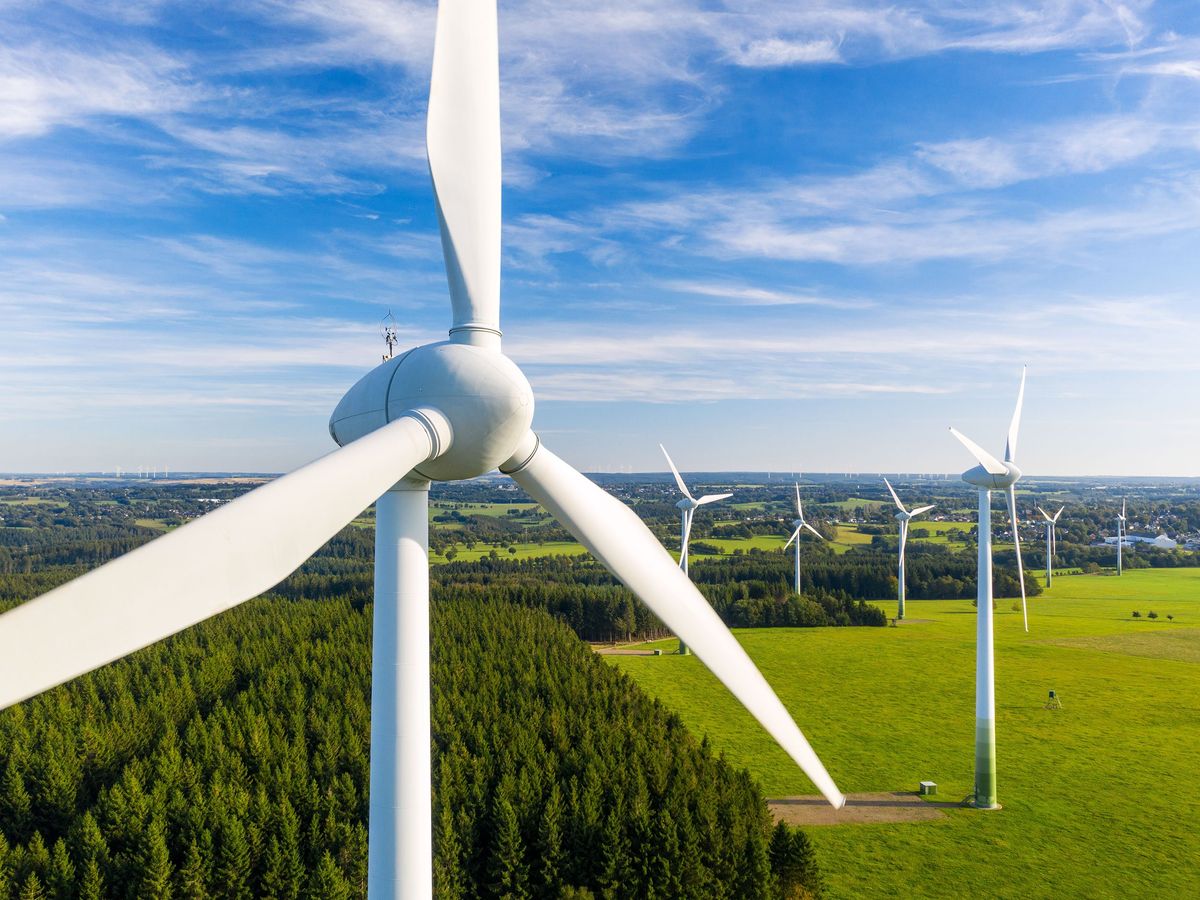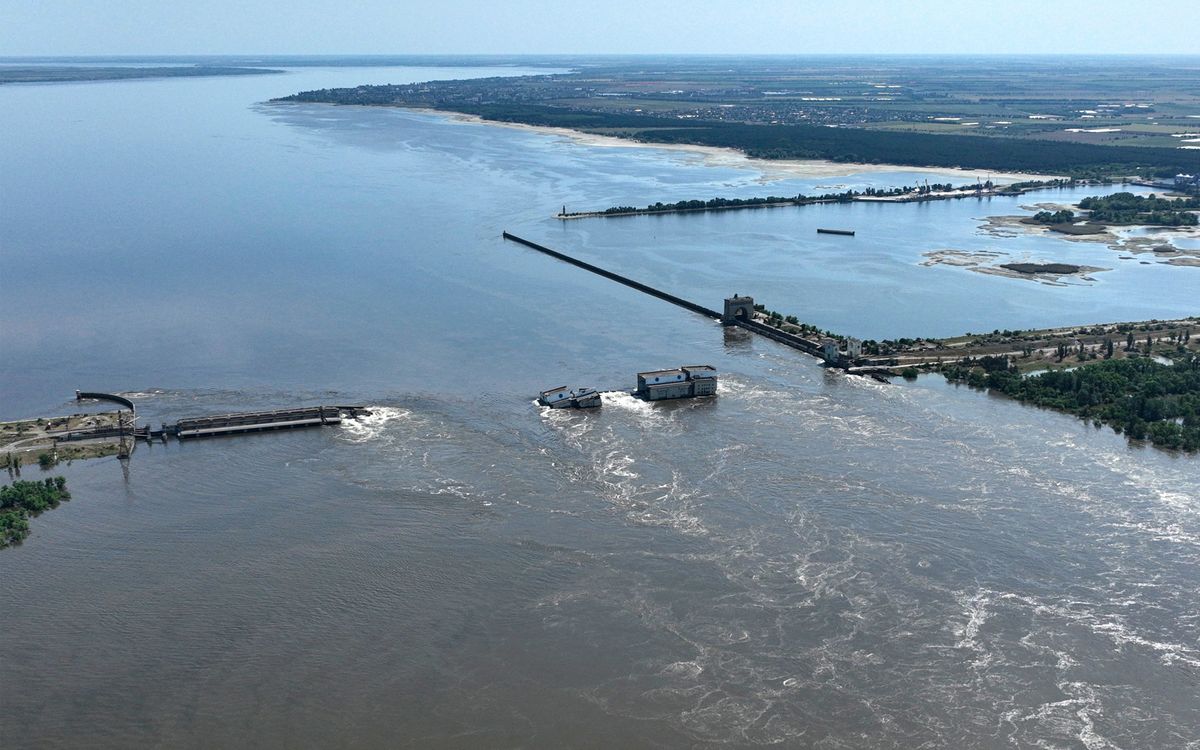At the end of last month, a comprehensive survey of U.S. energy trends by Bloomberg New Energy Finance found that U.S. carbon emissions are at their lowest in nearly 20 years, as reported in Britain's The Guardian newspaper and in the online publication EnergyMic, among other places. At about 5300 megatons CO2 equivalent in 2012, they are almost 13 percent lower than at their peak when the global financial crisis erupted four years ago, and barely more than 5 percent higher than in 1990--the baseline for cuts in the Kyoto Protocol, which the United States repudiated.
Bloomberg New Energy Finance explains the drop in U.S. emissions as follows: "The reductions in coal generation, ascendancy of gas, influx of renewables, expansion of CHP [combined heat and power] and other distributed power forms, adoption of demand-side efficiency technologies, rise of dispatchable demand response, and deployment of advanced vehicles are all contributing to the decline in carbon emissions from the energy sector (including transport), which peaked in 2007 at 6.02Gt …"
Other factors that have surely played a role include the economic slowdown itself, Americans' switching to smaller cars and their driving somewhat less. Will the favorable emissions trend reverse as the economy picks up steam? This seems unlikely, at least to this observer, because U.S. policies already having some effect will have a still bigger effect in the future: In particular, tighter regulation of coal generating plants by the Environmental Protection Agency will continue to encourage utilities and energy companies to switch to cleaner (and less expensive) natural gas; much more demanding fuel efficiency standards for automobiles will keep Americans switching to lower-emission vehicles; and the Obama administration remains firm in its basic commitment to developing clean, renewable energy.
Yesterday, EPA reported that 2012 carbon emissions from power plants were down 4.6 percent from the year before, mainly because of coal plants switching to natural gas and renewables.
Among environmental organizations, the wholesale switch to suddenly abundant natural gas is a source of complex nervousness. Despite its relative cleanliness and low carbon intensity, gas, as a fossil fuel, remains the object of deep suspicion. Critics—and not all are members of the environmental community—warn that we could be entering another boom-bust cycle in which, after becoming so much more dependent on gas, it then suddenly because more scarce and more expensive again. Environmentalists worry that in the meantime, innovative clean energy may have been priced out of the market by gas turbines. The wiser among them suggest that we embrace natural gas for now but keep working full-tilt on clean energy, recognizing that gas and renewables are intrinsically complementary—gas peakers can be ramped up and down quickly, in response to the ebb and flow of electricity from intermittent sources like wind and solar.




